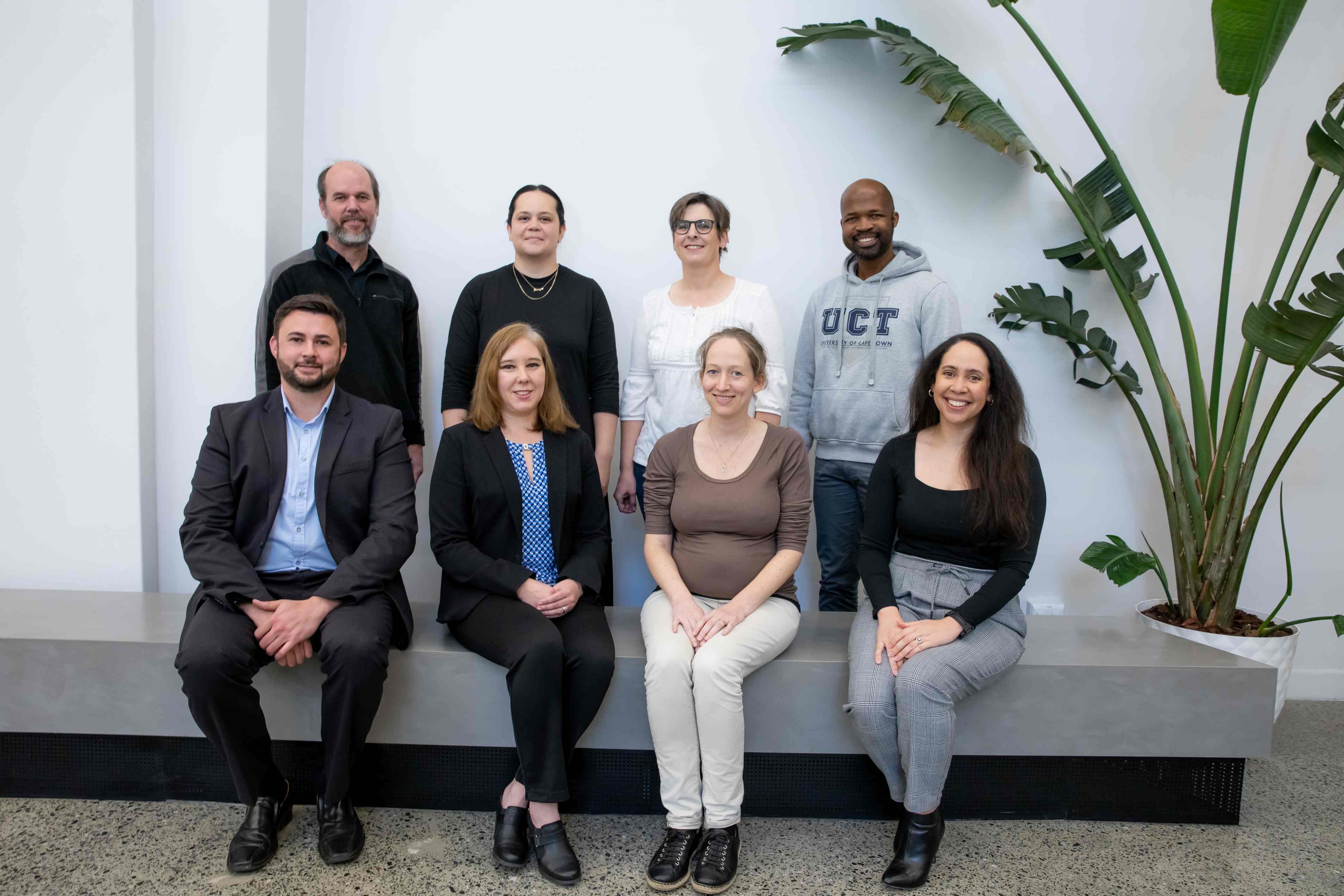
Mental disorders are highly prevalent both locally and globally, and the burden of disease due to these conditions is predicted to continue to rise. In South Africa, they are already the 3rd largest contributor to burden of disease (although this may be an underestimate, as it does not include the burden due to neuroHIV).
There have been significant advances in neuroscience, including advances in neuroimaging and neurogenetics, that may allow new understandings of mental disorders. Furthermore there is increasing recognition of how molecular factors integrate with social determinants to predict risk for and resilience against mental disorders; such work may be particularly useful in addressing mental health in the South African context.
The Brain-Behaviour Centre's (CBB) vision is for South Africa to have a population with optimal brain-mind health.
The CBB’s mission is to advance psychiatric neuroscience (i.e., psychiatric neuroimaging, psychiatric neurogenetics, translational neuroscience relevant to mental disorders), so as to address key brain-behaviour issues relevant to South Africa.
The Director of the CBB is Professor Dan Stein, the Co-Director is Assoc Professor Pieter Naudé.
The Psychiatric Neuroimaging Group is led by Dr Jonathan Ipser and Assoc Professor Nynke Groenewold.
The Psychiatric Genetics Group is led by Assoc Professor Nastassja Koen and Assoc Professor Shareefa Dalvie.
The Translational Neuroscience Group is led by Assoc Professor Pieter Naudé.
Evidence-based psychopharmacology is led by Dr Taryn Williams.
Addictions psychiatry is led by Assoc Professor Goodman Sibeko.
Neuroethics is led by Dr Dean Chapman.
Psychiatric Neuroimaging: There are a number of projects in this area. First, a key focus has been on working with the ENIGMA (Enhancing Neuroimaging Genetics Meta-Analysis) - a world-leading neuroimaging collaboration. While the group contributes to a range of different ENIGMA working groups, it plays a leading role in ENIGMA-Anxiety, ENIGMA-OCD, and ENIGMA-HIV. Each of these groups is responsible for building a network of collaborators across the globe, pooling neuroimaging data, and conducting collaborative analyses. Second, the Group has conducted a number of its own neuroimaging studies in South African populations (e.g. on neuroHIV, anxiety and related disorders, pharmacological MRI, substance abuse, brain development and ageing).
Psychiatric Genetics: There are a number of projects in this area. First, a key focus of the Psychiatric Genetics Group has been on working with the PGC (Psychiatric Genomics Consortium) – a world-leading psychiatric genetics consortium. We have contributed data to a number of workgroups, with a particular interest in PGC-PTSD. Second, we have substantive research grants to work on the genetics of schizophrenia and bipolar disorder, some of which form part of the H3Africa collaboration across the continent. Third, we are focused on the -omics aspects of the Drakenstein Child Health Study, a rich local birth cohort study that allows integrated study of molecular mechanisms and social determinants of mental health and child development.
Translational Neuroscience: There are a number of projects in this area. First, we are interested in the identification and functions of neuroimmune mechanisms in child brain development in the Drakenstein Child Health Study. Second, we have done work on the relationship between stressors and the gut microbiome in early life. Third, we have an interest in developing fundamental research projects including work on human post mortem brain tissues.
We also have ongoing work on evidence-based psychopharmacology (focused on reviews in the area of anxiety and related disorders) and addictions (with the long-term aim of advancing work on the neuroimaging and neurogenetics of these disorders). The International Technology Transfer Centre plays a key role in addictions outreach and education. We also have a growing interest in neuroethical issues relevant to brain-behaviour research. Several students have been involved in work on evidence-based psychopharmacology, addictions, and neuroethics.
